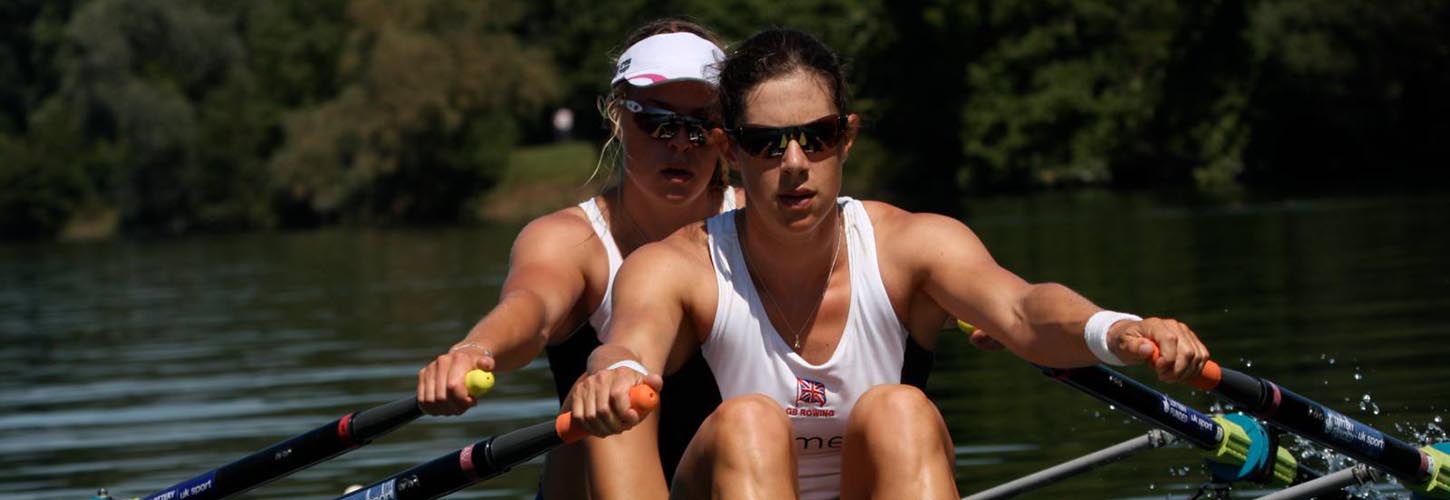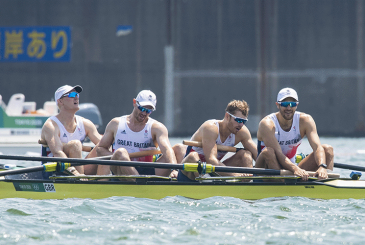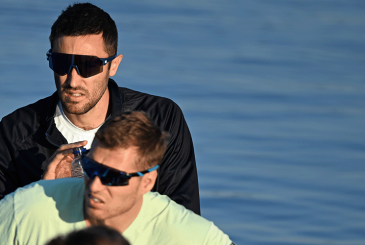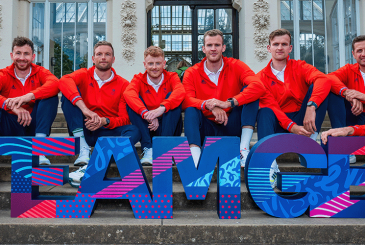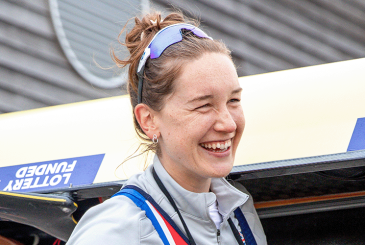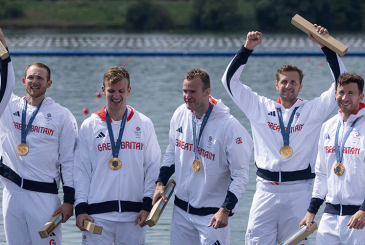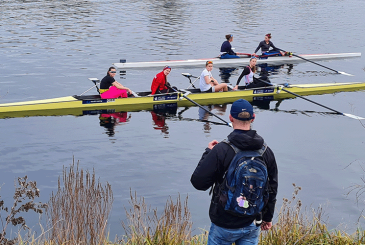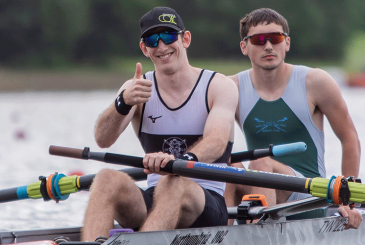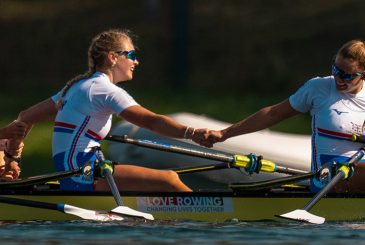What makes a standout team? 2008 Olympic silver medallist Annie Vernon shares her insights on how personality profiling can help
Rowing is a sport emphatically based on teamwork. Unlike other team sports where a star player can turn a match, rowing crews rely on developing perfect synchronicity. Despite being the most important part, teamwork is also the most difficult part to get right.
I’m going to tell a tale of two double sculls.
I had the fortune to row in a double with Anna Watkins twice in my career. Once in the 2006 World Rowing Championships, when we were both wet behind the ears; then again in the 2009 World Rowing Championships, wiser and battle hardened, when we’d both returned from the 2008 Olympics with medals. She, a bronze in the double; me, a silver in the quad.
Our two doubles were chalk and cheese. The first time was terrible, the second fantastic. Same people, same boat, two very different experiences.
In 2006, we approached our rowing from fundamentally different places. Both of us were convinced that we were ‘right’ and the other was ‘wrong’.
There were too many differences. Anna enjoyed pushing our top-end performance and the big picture; I wanted every detail to be perfect.
Both of us were convinced that we were ‘right’ and the other was ‘wrong’
Anna liked to discuss our training and performance with other members of the team – I preferred to keep things in-house. I liked to complete every final kilometre of the training programme, whereas Anna was happy to focus on the most important parts.
Late in that season it was recommended by Dr Chris Shambrook, our sports psychologist, that we do a personality profiling exercise. Myers-Briggs was suggested.
Doing this exercise was one of the biggest performance steps we’d made all season. It enabled us to quantify what was going on: that it wasn’t that one was right and one was wrong, but that we were different. We viewed the world through different eyes and had contrasting priorities and approaches.
Annie’s top teamwork tips
- The quality of your communication will determine the speed of your boat.
- Understand your teammates’ motivations and approaches.
- It is important to be friends. Take time to build relationships off the water.
- Learn from each other: everyone has a different perspective.
- Play around with the seating order. You might be surprised by what clicks.
It revolutionised our approach to teamwork, but we did the exercise too late to make an impact at the World Rowing Championships that year. We went slower than we were capable of, and finished the season with a fourth place at the Worlds and a head full of regrets.
The second time around, we explicitly targeted the mistakes we’d made three years previously.
We made sure our strengths complemented the other’s weaknesses, and we prioritised our communication. We worked hard to find common ground, and built on that; plus, rather than fighting over who was ‘right’ and who was ‘wrong’, we accepted that we each brought contrasting approaches to the boat.
This time, we became world silver medallists behind a strong Polish double at the 2009 World Rowing Championships in Poznan.
Anna and I found that personality profiling is a way of understanding why conflict or harmony exists in teams.
Effective teamwork isn’t just about making technical changes in order to row together: that’s the easy bit. Emotional intelligence and communication is what separates the good from the great, and personality profiling quantifies and offers explanations as to what’s going on.
Read the full article about creating dream teams that was first published in Rowing & Regatta magazine in October 2018 below.
Annie is now a sports journalist and author. Her first book, Mind Games, looks at how elite sports performers train their minds, was published by Bloomsbury in March 2019. Find out more here.
Photo credit: Darren Whiter.


